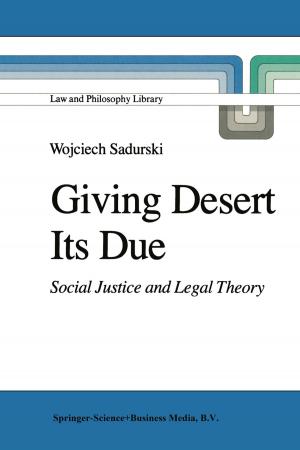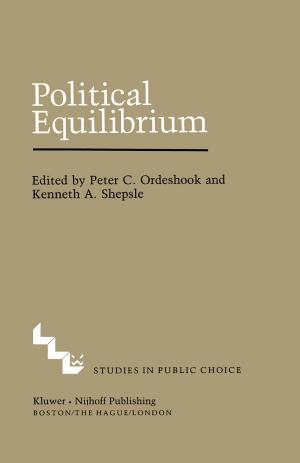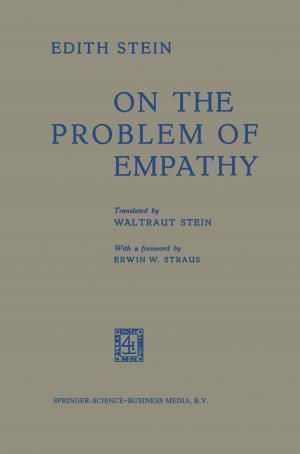| Author: | Royal J. Schmidt | ISBN: | 9789401510813 |
| Publisher: | Springer Netherlands | Publication: | December 6, 2012 |
| Imprint: | Springer | Language: | English |
| Author: | Royal J. Schmidt |
| ISBN: | 9789401510813 |
| Publisher: | Springer Netherlands |
| Publication: | December 6, 2012 |
| Imprint: | Springer |
| Language: | English |
Given the atmosphere of the time, given the passions aroused in all democracies by years of war, it would have been impossible even for supermen to devise a peace of moderation and righteousness .•..• human error is a permanent and not a periodic factor in history. Harold Nicolson, writing in I933 of the Treaty of Versailles 1 Although the period of history from 1918 to 1925 has been the subject of considerable analysis and interpretation by historians, journalists, and students of international politics, there are certain aspects of this postwar era which are greatly in need of further study and evaluation. The occupation of the Ruhr area of Germany by French and Belgian troops in 1923 is one of these. While it is not the intention of the present writer to deal definitively or exhaustively with all possible sources, either for the era in general or for the Ruhr episode itself, he does seek to note and compare some influential French, British, German, and American attitudes.
Given the atmosphere of the time, given the passions aroused in all democracies by years of war, it would have been impossible even for supermen to devise a peace of moderation and righteousness .•..• human error is a permanent and not a periodic factor in history. Harold Nicolson, writing in I933 of the Treaty of Versailles 1 Although the period of history from 1918 to 1925 has been the subject of considerable analysis and interpretation by historians, journalists, and students of international politics, there are certain aspects of this postwar era which are greatly in need of further study and evaluation. The occupation of the Ruhr area of Germany by French and Belgian troops in 1923 is one of these. While it is not the intention of the present writer to deal definitively or exhaustively with all possible sources, either for the era in general or for the Ruhr episode itself, he does seek to note and compare some influential French, British, German, and American attitudes.















